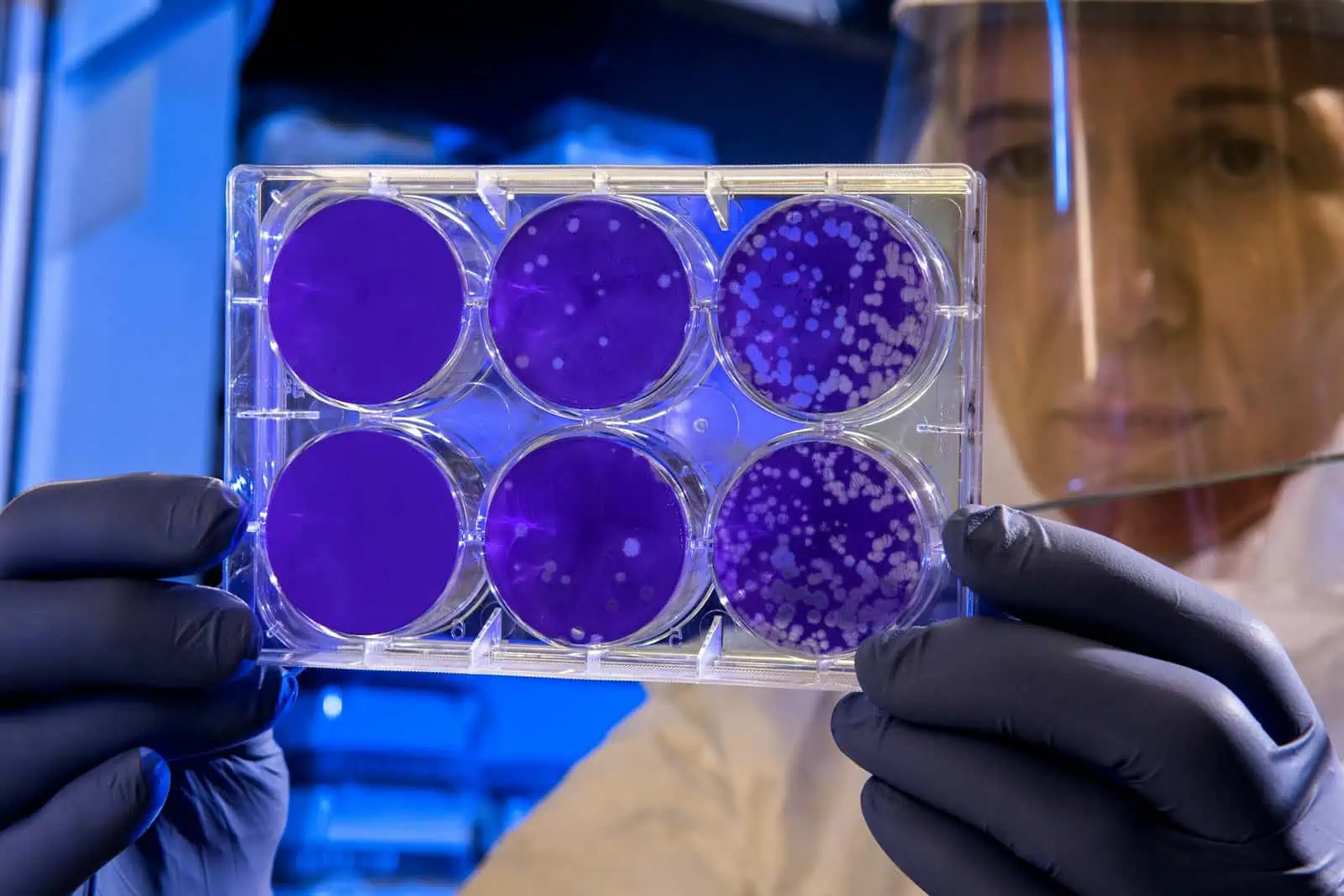Alzheimer’s disease affects so many lives. Because of this, there is lots of ongoing research to try to discover a cure. One of these areas looks at Alzheimer’s disease and stem cell therapy, particularly mesenchymal stem cells (MSCs).
We will delve into how exactly this works and what the public thinks.
Is there going to be a cure for Alzheimer’s disease then? Well, maybe – scientists are certainly trying but the public might not agree with their methods…
The Debate Over Mesenchymal Stem Cells and Their Role in Alzheimer’s Disease Research.
The debate over mesenchymal stem cells (MSCs) and their role in Alzheimer’s disease research is complex.
Alzheimer’s disease is a neurodegenerative disorder that affects millions worldwide, characterized by progressive memory loss, cognitive decline, and emotional distress. It has long posed a significant challenge to the medical and scientific communities.
Naturally, we all want a cure. But it’s not that simple. There is a stem cell research controversy and people are split into two sides, for and against MSCs.
Those who support MSCs list the following reasons:
- Mitigating neuroinflammation and neuronal damage: MSCs have the potential to reduce the neuroinflammation and neuronal damage associated with Alzheimer’s disease.
- Modulate immune responses: Because of their ability to modulate immune responses and promote neuroprotection, scientists are looking at therapeutic approaches.
Whilst those who are against have these reservations:
- Safety assessments: Many people highlight the need for rigorous safety assessments.
- Challenges with efficiency: There are lots of challenges with getting an efficient delivery of MSCs to the brain.
- Ethical concerns: Of course, there is the ongoing stem cell research controversy: including ethical concerns and regulatory hurdles
Both sides have very valid claims and so getting the balance between optimism and caution is crucial.
Advancements in MSC Research for Alzheimer’s Disease
Scientists have been looking into stem cell therapy for neurodegenerative diseases. What sets these cells apart is their ability to differentiate into different cell types and their anti-inflammatory properties. Lots of work is being done with ongoing stem cell alzheimer’s research.
Because MSCs can combat inflammation and provide neuroprotection, they can help fight against neurodegenerative diseases such as Alzheimer’s.
The Ethics of MSC Research
But as we have mentioned, the combination of Alzheimer’s disease and stem cell therapy is surrounded by an ongoing debate.
While MSCs have great potential, they also present a series of challenges and uncertainties.
Is it going to be safe?
The paramount concern is the safety of MSC therapy. Understandably many people are worried about the potential risks and side effects. As with all new medicines and treatments, ensuring the safety of patients is the most important thing.
Will it work?
The second question everyone has is ‘Will it actually work?’. Because MSC therapy revolves around the mode of delivery, efficient transportation is essential. And how to transport these cells efficiently is still being worked out so there isn’t currently a solution or an answer to this question.
Public Perception of MSC Research
The public’s perception reflects both sides: optimism and caution.
Many people are intrigued by the potential of MSCs to revolutionize medical treatments, especially in Alzheimer’s disease research. There is a growing awareness of the promising results that have been seen in preclinical studies and early-stage clinical trials.
However, our perception is also influenced by the ongoing discussions surrounding stem cell research ethics. On top of this, no one knows the long-term effects of MSC therapies which always raises concerns.
Moving Forward: Finding Common Ground
But, there have been lots of developments in recent years.
Promise in Preclinical Studies
In preclinical studies, researchers have seen promising results with animals. Already MSC therapy has demonstrated the ability to enhance memory and cognitive function.
Current Clinical Trials
Researchers are now evaluating the safety and efficacy of MSC therapy in humans. These trials will bridge laboratory discoveries and real-world applications.
In conclusion
With more research being done into stem cell therapy for neurodegenerative diseases, we’ll likely see more developments soon.
It’s perfectly normal to be both excited and hesitant. There is lots of conflicting information out there and so it’s important to do your own research.
The landscape of Alzheimer’s disease research is evolving and hopefully, before too long we’ll be seeing some very successful results.

